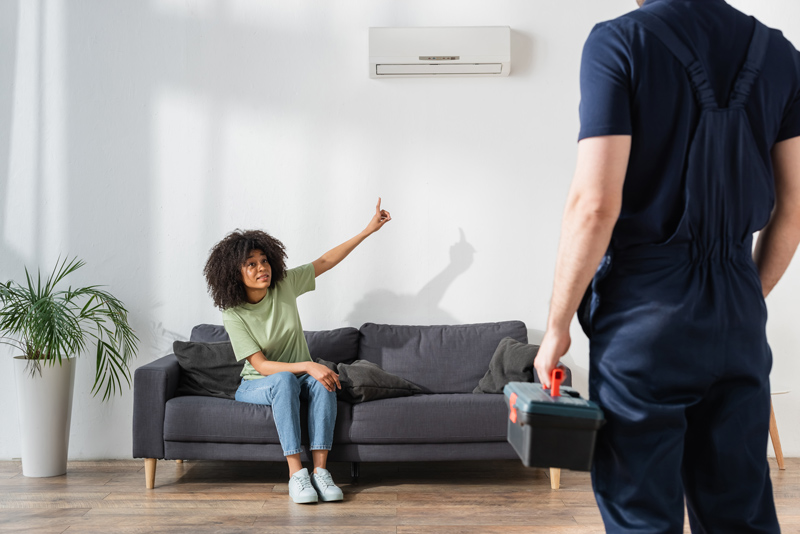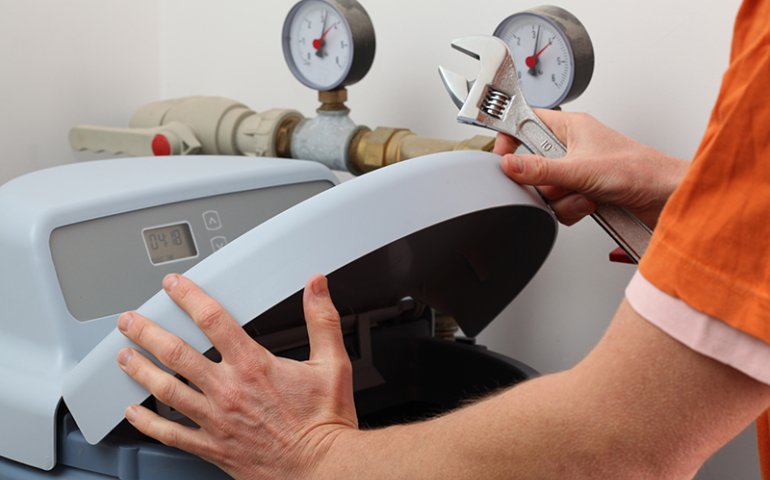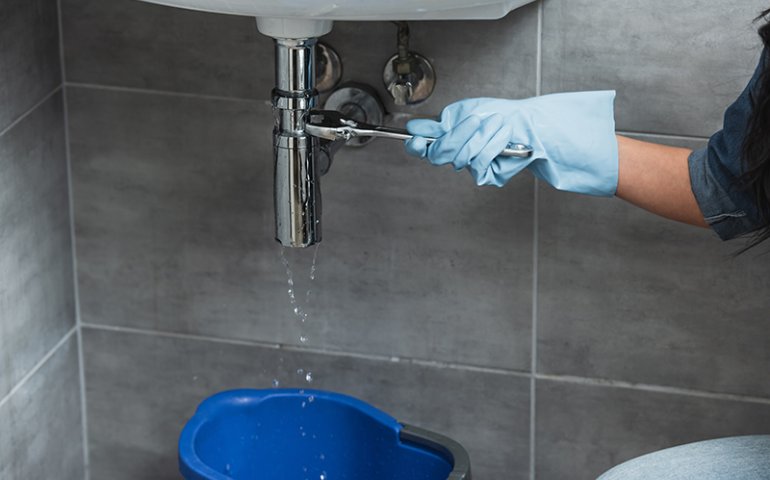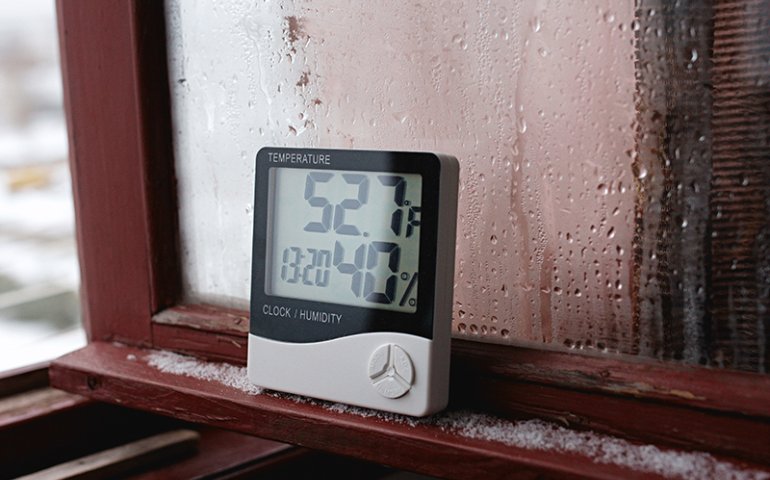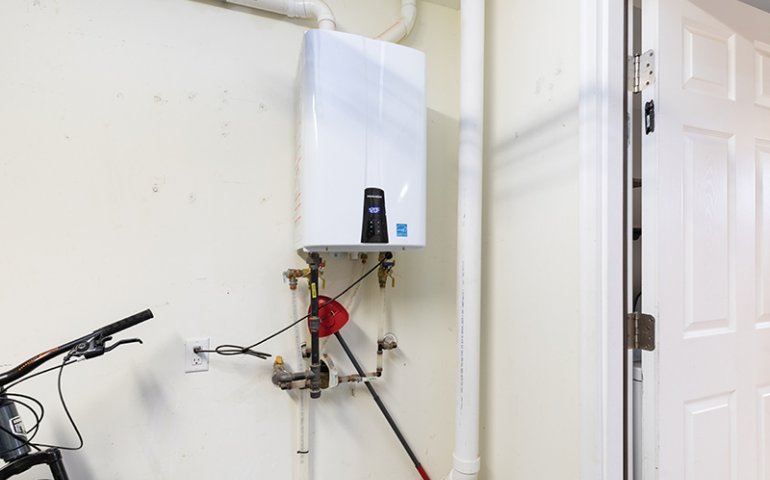What To Do If You Need Emergency HVAC Services
As homeowners, we rely on our HVAC systems to keep us comfortable throughout the year. Unfortunately, unexpected issues can arise, turning a smooth-running system into an emergency situation. Knowing how to handle HVAC emergencies is crucial. You need to reduce disruptions and protect your family's well-being. In this blog, we'll explore what an HVAC emergency is and how to respond during a crisis. We also offer ways to protect your HVAC system and maintain your comfort.
What Is an HVAC Emergency?
If your HVAC system stops working, it qualifies as an emergency. If it occurs during extreme weather conditions, time is of the essence. Electrical problems, such as sparking or circuit breakers tripping, demand immediate attention. You need to prevent fires and ensure the safety of your home.
Gas leaks also pose a severe safety hazard and need immediate attention. If you smell gas, evacuate your home and contact the gas company or emergency services. Refrigerant leaks can lead to a loss of cooling capacity. It can also cause potential health risks. Address these leaks as soon as possible to prevent further issues.
What To Do During an HVAC Emergency
In the case of a gas leak or strong odor, leave your home immediately. Call the gas company or emergency services. Ensure your family's safety before attempting any DIY fixes. If you suspect an issue with your HVAC system, turn it off to prevent further damage. Shut off power to the system at the breaker if necessary. Call a trusted HVAC professional who offers emergency services to fix the issue. If water is leaking from your HVAC system, place towels or buckets around the leak. You need to prevent damage to your belongings until help arrives.
How to Prevent HVAC Emergencies
Arrange annual HVAC maintenance with a licensed technician. Regular tune-ups can identify potential issues and prevent them from escalating into emergencies. Be sure to replace air filters to maintain proper airflow and prevent strain on your HVAC system. Avoid extreme temperature changes on your thermostat. Gradual adjustments can reduce the stress on your HVAC system. Ensure vents and registers are free from obstructions. This can help to maintain proper airflow and distribution of conditioned air. If you notice unusual noises, leaks, or changes in performance, address them immediately. Do not wait for a potential emergency to occur.
Contact Us
Knowing how to handle HVAC emergencies can make all the difference. You need to safeguard your family's comfort and safety. By taking immediate action, you can protect your HVAC system. By preparing ahead of time, you can reduce disruptions to your life. Remember, staying informed and prepared empowers you to navigate HVAC emergencies. If you need help during an HVAC emergency, contact us.

